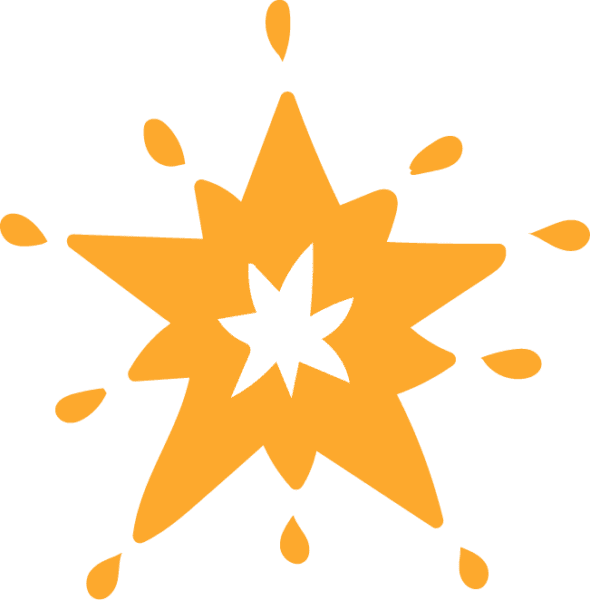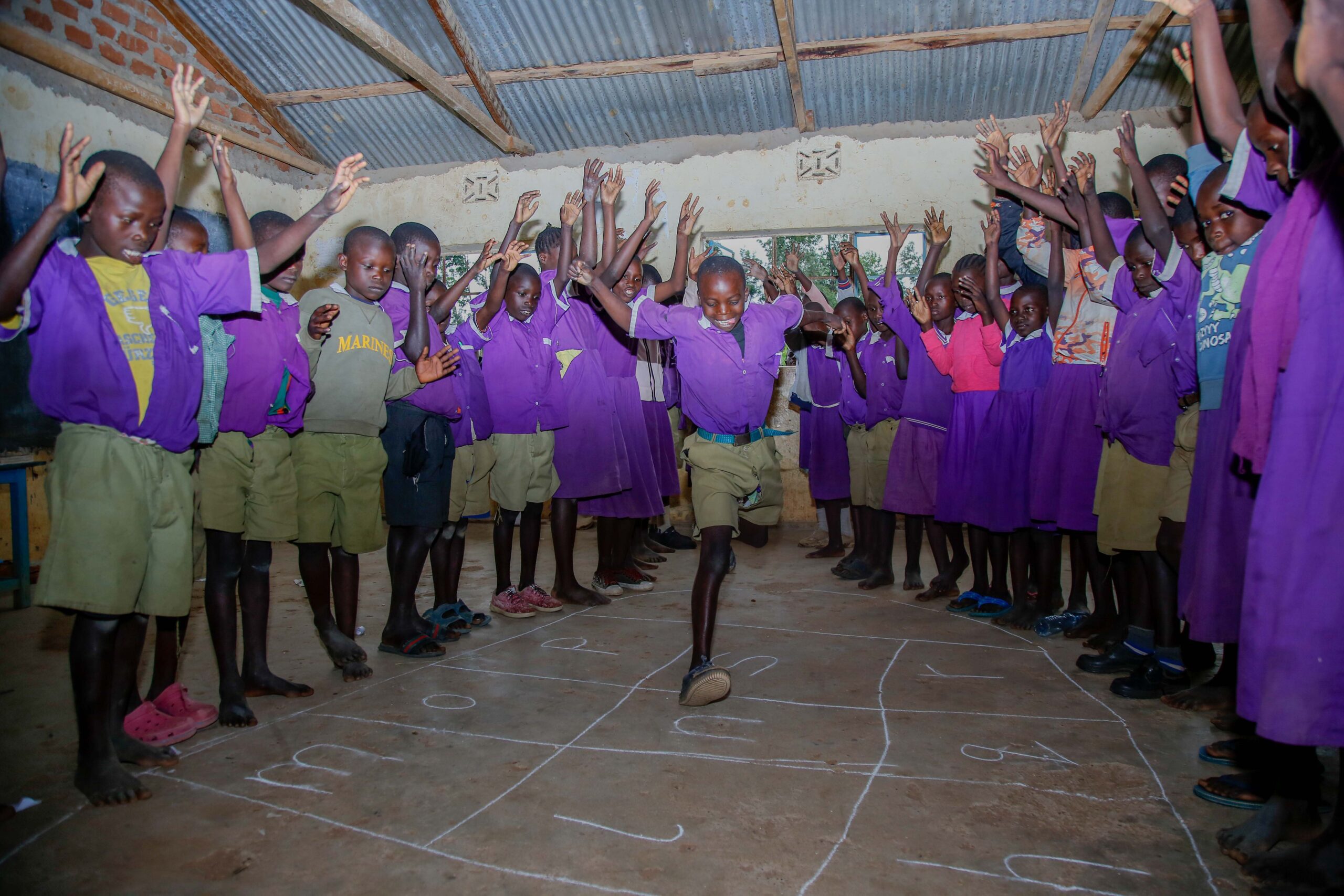Kenya 
Social and Emotional Learning: A Holistic Approach to Youth Development
Why We Invested: ALiVE

Kenya 
Why We Invested: ALiVE

By 2035, Africa will contribute more youth to the global workforce each year than the rest of the world combined. Rightly so, African youth are the future of the world and it is our responsibility to prepare them well for it. However, opportunities to equip youth with the necessary tools to grow, adapt and seek well-being are not equally distributed. As OECD countries have made significant progress in moving towards 21st century skills, our education systems on the continent have lagged behind in preparing our learners for the demands of work and life.
While there is a lot of emphasis on developing technical and core academic skills, there is a growing recognition that social and emotional learning (SEL) is just as important for the development and well-being of students. SEL is largely composed of soft skills, such as decision-making, problem-solving, empathy, among others, that are valued by the labour market. Research has shown a strong correlation between acquisition of soft skills and job attainment; almost half of the employers on the continent indicated their preference for hiring individuals with critical thinking, creativity and collaboration skills.
Education actors in East Africa recognize the need for, and are taking steps to integrate culturally appropriate SEL into education systems. The roll-out of the Competency-based Curriculum (CBC), which emphasizes the development skills and competencies beyond just knowledge acquisition, across Kenya, Uganda and Tanzania is a step in this direction. However, a host of systemic challenges in the way the current education system is set up may lead to suboptimal delivery and outcomes. These include the myopic understanding of what SEL encompasses, how it contributes to youth well-being and what metrics and tools could be used to assess effectiveness.
ENTER: ALiVE, which stands for the Assessment of Life Skills and Values in East Africa. An ambitious first-of-its-kind multi-country initiative, ALiVE will provide a platform for the education community to implement mainstream SEL in learning practices. The initiative is championed by Zizi Afrique Foundation and is part of the Regional Education Learning Initiative (RELI), a collaborative peer-learning network of more than 70 organizations working to improve outcomes for learners in East Africa. According to RELI’s website, ALiVE responds to the “growing recognition of the value life skills transference as an education outcome against inadequate system attention to these competencies.” Its work will address systemic challenges through developing the first East African open source assessment tools, generating contextually relevant evidence and knowledge about SEL, fostering a coalition of education community members and influencing policy through advocacy.
At Imaginable Futures, we see our role as an enabler and a facilitator for leaders to be changemakers in their own communities and produce life-changing outcomes for learners. Our investment in ALiVE is anchored on its system-level approach and evidence-driven practices to effectively integrate SEL into local education systems. Producing a highly skilled workforce for the future will require continuous investment in understanding how young people learn and develop.
The ALiVE project is committed to rooting its evidence in the settings, cultural dialectics and needs of local youth. To do so, the team will conduct school meetings and household surveys targeting more than 30,000 parents and teachers, and nearly 4 million youth from ages 13 to 17 years. Recognizing that SEL interventions should be designed to respect and respond to the realities of local contexts, ALiVE seeks to develop assessment tools in each of the three countries. “More than anything, this process is about meeting young learners where they are, in their language and context; and as such, we will work with localized delivery agents including teachers, facilitators and counselors to deliver bespoke assessment frameworks and foster community buy-in,” says John Mugo, Executive Director, Zizi Afrique Foundation.
In addition to working with communities, ALiVE is taking an intentional approach to engage with the government throughout the project lifetime, and not just as a recipient of evidence. In each of the three East African countries, ALiVE will have an anchor local partner that will work with local municipalities and government officials from the onset. Together, they will contribute to the design of the tools and support the rollout of the project. Once the tools are developed and evidence is generated, the team will continue to work in partnership with these education and government agencies to disseminate knowledge, provide a practical toolkit for teachers to assess youth SEL skills and form a broader coalition of stakeholders to usher public policy towards change.
More than anything, this process is about meeting young learners where they are, in their language and context; and as such, we will work with localized delivery agents including teachers, facilitators and counselors to deliver bespoke assessment frameworks and foster community buy-in.
John Mugo, Executive Director, Zizi Afrique Foundation
It won’t be easy. While it is easier to promote conventional off-the-shelf approaches in hopes they will be successful, ALiVE seeks to break ground through its bold system-level approach of integrating SEL, its utilization of community-driven insights and the galvanization of stakeholders to action. And although making progress on educational equity is long-haul work that requires persistence and collective effort, there is a strong foundation to build on, shaped by the efforts and ideas of many current initiatives and discussions.
We are proud to invest in ALiVE and are inspired by their ability to bring knowledge of the way SEL is understood, measured and implemented from local and global stakeholders. It’s time to imagine a better, more equitable learning journey that addresses the holistic needs of youth in East Africa, and prepare them to thrive in the 21st century world.